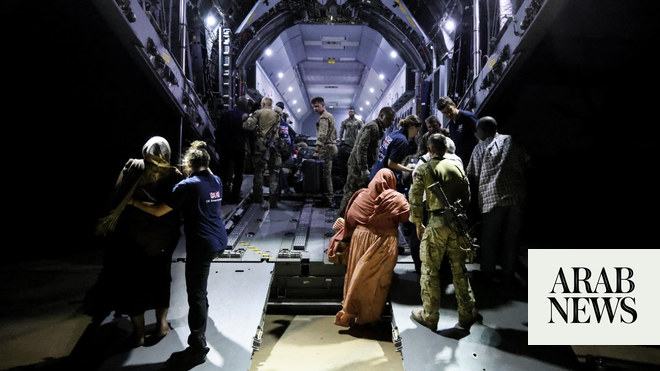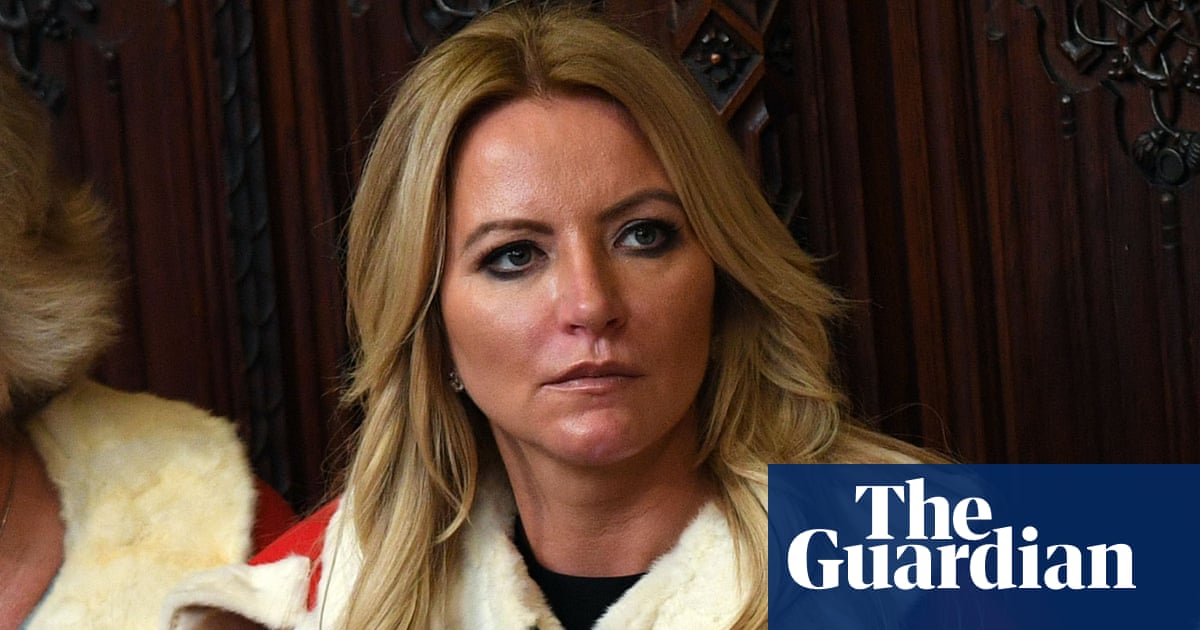
The government has been too slow to enlist British textile firms to make protective gear for the NHS, according to industry figures, who say they have been desperate to contribute to the “war effort”.
Faced with a shortage of personal protective equipment (PPE), the Cabinet Office has only recently begun scrambling to source it from UK suppliers and has now outsourced the process to consultants from accountancy group Deloitte.
Industry figures said too much emphasis had been placed on high-profile names such as Burberry, the luxury fashion house that Matt Hancock said on 3 April was producing medical gowns.
Kate Hills, the founder of Make It British, which promotes brands that manufacture in the UK, said the government was ignoring less well-known textile specialists in favour of household names that play well with the public. “They’re just picking out brand names,” she said.
“The people who can make this PPE are not well-known names, they are contract manufacturers behind the scenes. They’ve filled in the government’s request forms and heard nothing back.”
A separate source with knowledge of the fashion industry’s efforts said: “You can’t put all your eggs in that one Burberry basket.”
Hills said UK firms had been clamouring to help supply the NHS for more than a month, but that the government had instead focused on brands such as Burberry, as well as sourcing equipment from overseas.
“The number one priority was to secure anything already made that they could get on a plane from other countries. We don’t have the capacity and the products ready off the shelf because for years the NHS have been procuring products from cheap overseas suppliers.
“We have to put the supply chain back together from scratch. It’s almost as if there had to be a desperate need before they looked on their own doorstep.”
One major clothing supplier, who asked not to be named, said their firm had also struggled to get interest from the government. “The level that we’re scaling up is embarrassing. If the borders shut and we couldn’t bring in masks from China, we’d be screwed.”
The source said the process of getting protective clothing out to the NHS was mired in confusion from the government about the regulatory and testing regime for PPE.
Officials have been exploring ways to waive the usual regulatory requirements – as has happened with medical ventilators – but the process has been slow to get off the ground.
One difficulty with sourcing medical gowns is that they are typically made from fabric known as SMMS that combines two types of non-woven material, called meltblown and spunbond.
Amid a global shortage, the Scottish fabric specialist Don & Low received an order last week from the government for a spunbond laminate that would meet the same international standard.
Don & Low, which is based in Forfar, will eventually be able to make enough material for up to 1.5m gowns a month, but cannot reach full-scale production until May. The company is supplying the material to Burberry, among other companies, but has sent only trial fabrics to the fashion house so far.
Will Campbell, Don & Low’s sales manager, said: “You’re setting up a supply chain from the ground up. If you were doing this without a pandemic, you’d do it over a year or more. The fact that it’s been done in three weeks is fairly admirable.
“But you can’t get away from the fact that hospitals are running out of PPE.”
One of the few UK fashion houses that has already produced PPE is Barbour, which has delivered disposable gowns and medical scrubs from its South Shields factory to the Royal Victoria Infirmary in Newcastle upon Tyne.
Smaller suppliers have also been delivering their own homespun protective equipment to hospitals on a more ad hoc basis. They include the designer Patrick Grant, founder of the Community Clothing initiative, alongside projects called the Emergency Designer Network and ScrubHub.
The carmaker Nissan said on on Thursday that its Sunderland car plant, the UK’s largest, will deliver 100,000 face visors per week to the NHS.
The government-owned Royal Mint, in Llantrisant, south Wales, has been making medical visors for the NHS after developing a successful prototype to help protect frontline care workers.
A host of firms, including chemicals giant Ineos, beer firm Brewdog and several gin distilleries, have been producing hand sanitiser.
A government spokesperson said: “We are in discussions with a range of British firms on providing PPE for the NHS as well as sourcing it from abroad.
“The Cabinet Office has a dedicated team to help fast-track the regulatory approval process and has published the specifications for a wide range of items to support manufacturers to produce PPE, helping ensure equipment can reach health and social care workers as quickly as possible.”
The Guardian has approached Burberry for comment.
• Coronavirus and volunteering: how can I help in the UK?












